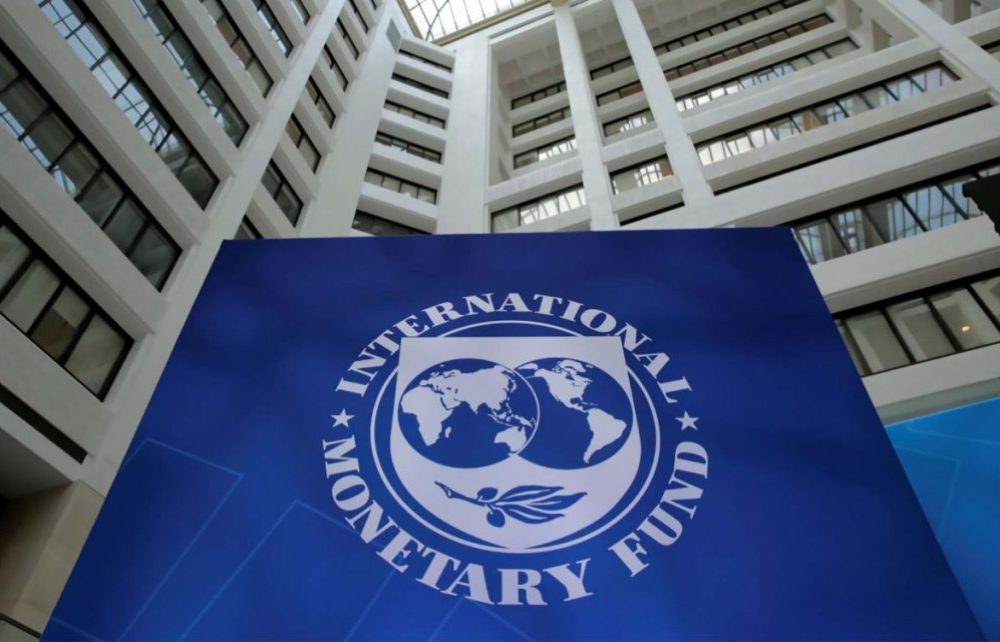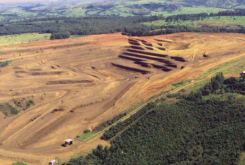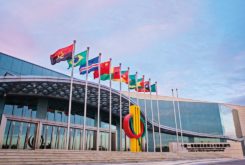The International Monetary Fund (IMF) has postponed the decision on an extra budgetary financing of USD 0.8Bn to Angola, adding to the country´s liquidity pressures in the next few months.
The IMF had scheduled for last Friday the 3rd Review of the Extended Arrangement under the Extended Fund Facility, which foresees the extra budgetary financing, but the discussion was postponed until at least the second half of August – when the Executive Board of the IMF meets again, according to Bloomberg.
At stake are the issues related to debt default agreements with creditors.
According to analyts at Angola´s BFA Bank, the postponement is “very damaging” for the country, as “the validation of this assessment could bring about USD 0.8Bn in budgetary financing (including 0.35Bn due to a loan extension), and also providing foreign currency to the country”.
“In this sense, the delay in this budget support worsens the Treasury’s liquidity situation; similarly, a delay in the entry of these currencies prevents the relief of some existing pressure for depreciation of the Kwanza, at a time where forex inflows from oil transactions will be at the lowest level in 2020”, BFA adds.
Last week, Angola´s Revised State Budget (OGE) for 2020 received final approval, assuming a Brent reference price of USD 33, and an oil production of 1.284 million barrels per day.
The new OGE forecasts budgetary revenue 29% bellow the previous State Budget, mainly due to oil tax revenue, which will be reduced to almost half of the initial forecast, according to the Ministry of Finance.
Budgetary expenditure will reduce by only 9%, with the biggest drops occurring in interest expenses (-20%) and in purchases of goods and services (-14%).
The budget balance, which in the previous forecast would be positive, at around 1.2% of GDP, is now forecast to be negative, at 3.1% of GDP.
Negotiations with creditors are expected to allow substantial savings in financial expenses.
But the the G20 Debt Service Suspension Initiative (DSSI), which offers relief to 73 eligible low-income countries on official bilateral debt-service payments (principal and interest) due between May and December 2020, has also been postponed, and a decision is now planned for after the G20 meeting in November 2020.
The payments covered are suspended, not forgiven, with a repayment period of three years, a one-year grace period and a neutral net present value structure.
China, which is Angola´s largest creditor, is expected to offer conditions in line with the G20 DSSI, although authorities in both countries have not given confirmation.
The G20 has said that the DSSI is intended to increase fiscal space to accommodate higher spending on coronavirus pandemic relief. Debt sustainability problems, which are also gaining in prominence, would need to be addressed separately.
As of mid-July, 42 countries had applied to participate in the initiative, which is likely to be extended to cover payments due in 2021 (all of 2021 or up to April 2021).
According to Fitch Ratings, only five of the 22 Fitch-rated DSSI-eligible sovereigns—Angola, Mozambique, the Republic of Congo, Pakistan and Laos—would see their external financing requirement for 2020 reduced by 1% of GDP or more through participation.
“The benefit to Angola, at 4.3% of GDP, is by far the largest”, Fitch says in a report issued last week.
Angolan Government liquidity risk is, according to a recent report by Fitch, “heightened by high gross borrowing requirements, and external vulnerability risk reflecting by the weak external position that remains highly vulnerable to the international oil prices”.




